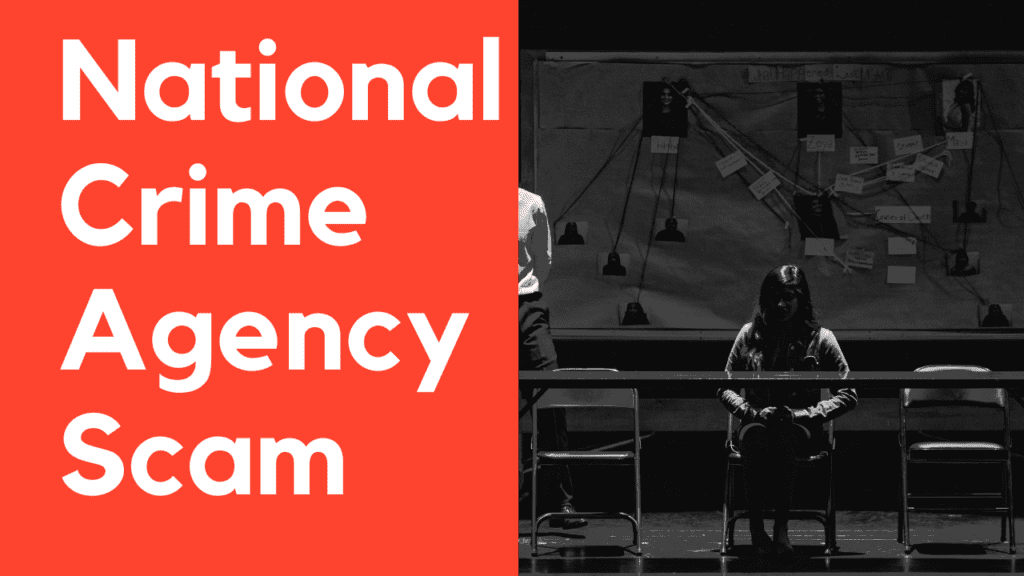National Crime Agency Scam Explained >> Over the phone, fraudsters are impersonating National Crime Agency employees in an effort to defraud members of the public.
Thousands of pounds have been taken from elderly and vulnerable individuals, and some victims have lost their whole life savings.

National Crime Agency Scam Reports
The NCA has received 393 complaints about fraudsters impersonating NCA officials since April 2018.
In the preceding fiscal year, 75 reports were filed.
Scammers use authentic information about the NCA to dupe their victims, who are mostly above the age of 60.
Victims are warned about a financial fraud and urged to provide remote access to their computers, as well as give personal information and bank account information.
They may request money be transferred to a “secure” bank account.
To further the illusion, they often provide a fictitious NCA identification number in addition to the legitimate NCA Control Centre phone number.
In one instance, criminals claimed to be NCA agents and employees of an IT security firm and took £350,000 from the account of a 70-year-old man. The victim granted the guys remote access to his computer after being told that he had been hacked and needed to move his funds to a secure account.
The National Crime Agency’s Head of Security, Chris Hogben, said, “Agents of the National Crime Agency would never contact someone and seek remote access to the device or any personal or financial information.”
Get in touch with our affiliated Cryptocurrency Forensic Specialists at CNC Intelligence for free by filling out the form below.
“These con artists may seem convincing or exert pressure on you. Do not allow them to continue doing so.
“If you have even the slightest hesitation, hang up and contact our Control Centre on a separate phone at 0370 496 7622.
“We’ll be able to determine whether or not the call was genuine.
“Intentionally, the old and weak are targeted. Inform your relatives and friends and assist in spreading the word.”
A Real NCA officer would never –
- Request for remote access to your computer may be requested through phone, email, or the internet.
- Request confirmation of personal information such as passwords, account numbers, or credit card numbers by phone, email, or online.
- Ask for funds by telephone, email, or online.
- Make threats or intimidation against you in order to coerce you into giving this information
Have you noticed any strange National Crime Agency Scam Texts? If yes, then share your experience below.
When you comment, your name, comment, and the timestamp will be public. We also store this data, which may be used for research or content creation in accordance with our Privacy Policy. By commenting, you consent to these terms.
